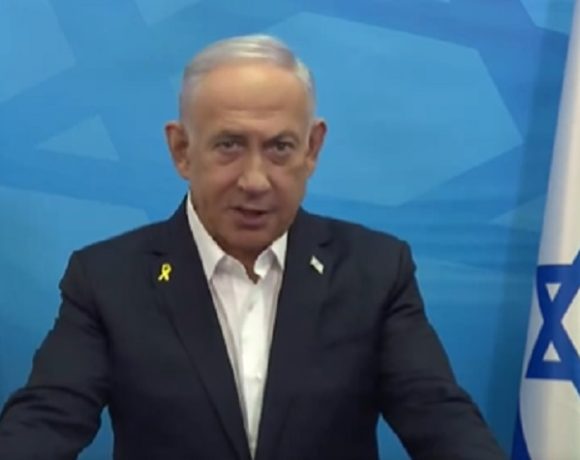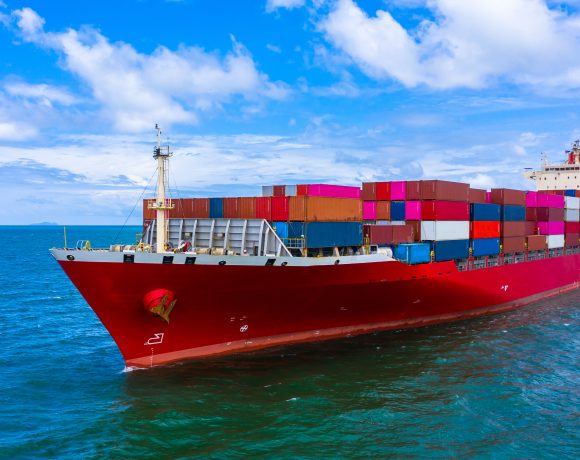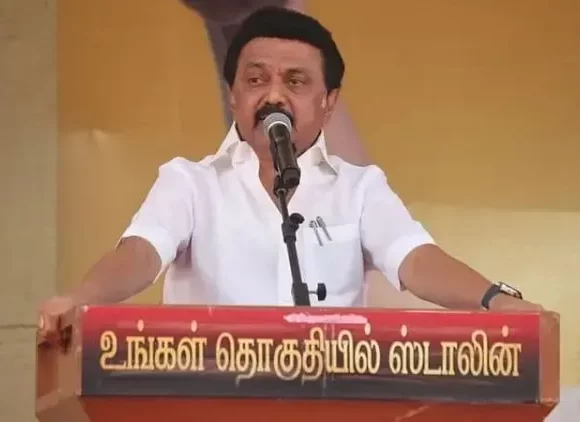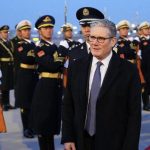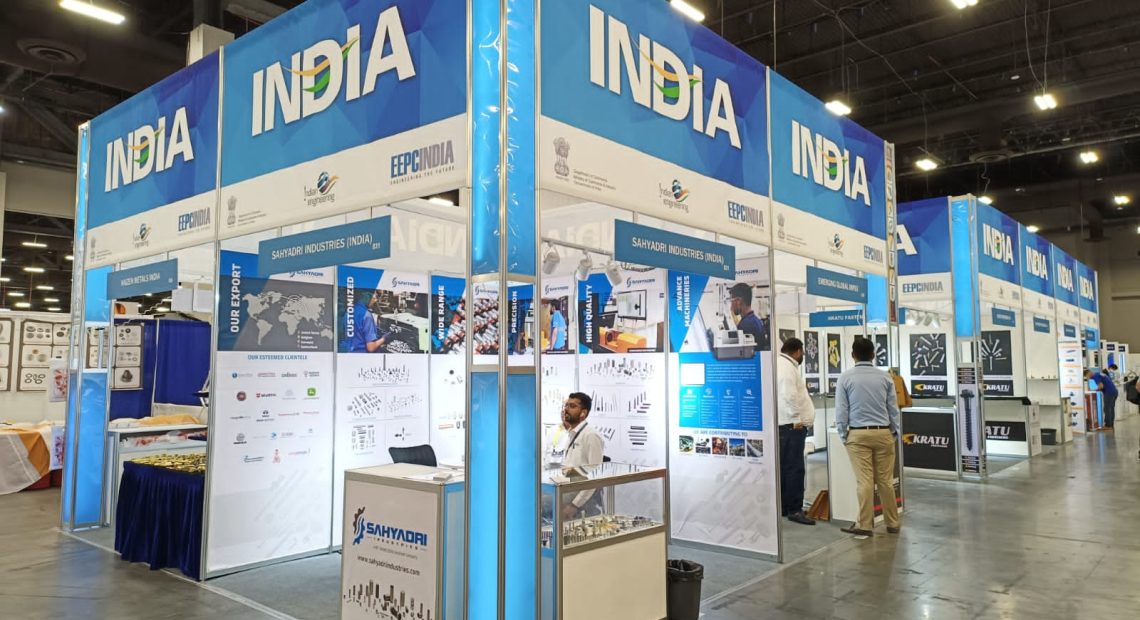
EEPC India Flags Exporter Concerns Over US Trade Deal
India’s Engineering Export Promotion Council (EEPC India) recently organised an open house session to address exporter anxieties surrounding the proposed India–US trade agreement. Industry participants raised significant concerns relating to fluctuating US tariffs, clarity on policy timelines, and the stability of export conditions. These discussions are critical as negotiations for an interim trade deal gather momentum.
Exporters highlighted the uncertainty imposed by recent US steel and aluminium tariffs, currently at 25% and potentially increasing to 50%. They noted that this volatility is disrupting global supply chains and threatening India’s engineering exports, which account for approximately $5 billion in annual shipments to the US. Small and medium exporters, in particular, are grappling with the challenge of absorbing these additional costs or passing them on to international buyers.
EEPC representatives emphasised that uncertainty in tariff levels is undermining pricing strategies, contracting processes, and inventory management. They urged the government to secure exemptions for Indian steel and aluminium goods within the upcoming trade deal, pointing to existing provisions that shield countries like the UK from similar duties.
Participants also called for greater transparency on the implementation timeline for any interim agreement. With the US imposing a 90-day pause on reciprocal tariffs and pushing for the first tranche of a mini-deal by early July, exporters stressed the need for clear communication about relief packages and adjustments for goods currently in transit.
Beyond tariff issues, exporters expressed anxiety over India’s internal safeguards. Proposed increases in import duties on intermediate goods could inflate production costs and reduce competitiveness abroad. EEPC India urged the government to conduct a detailed policy impact review and consider targeted duty relief for sectors heavily dependent on US exports, such as engineering machinery, automotive parts, and industrial equipment.
Commerce officials reportedly reassured exporters that their concerns would be seriously considered during negotiations. Ministers reinforced the government’s commitment to defend exporter interests while gaining broader market access. Exporters are hopeful that any interim deal will include mechanisms like tariff rollbacks or deferrals for goods loaded before deadline dates and exemptions for key industries vulnerable to US levy spikes.
As discussions progress, exporters are pressing for a two-pronged strategy: secure US tariff exemptions while simultaneously de-risking export portfolios by exploring alternate global markets like Latin America, the Middle East, and Southeast Asia. While the priority remains the US market, firms see diversification as essential to weather future trade policy turbulence.
In the coming weeks, EEPC India anticipates further consultations both with government negotiators and international partners. Exporters have called for timely updates and clarity on transitional arrangements to stabilise manufacturing plans and financing schedules.


